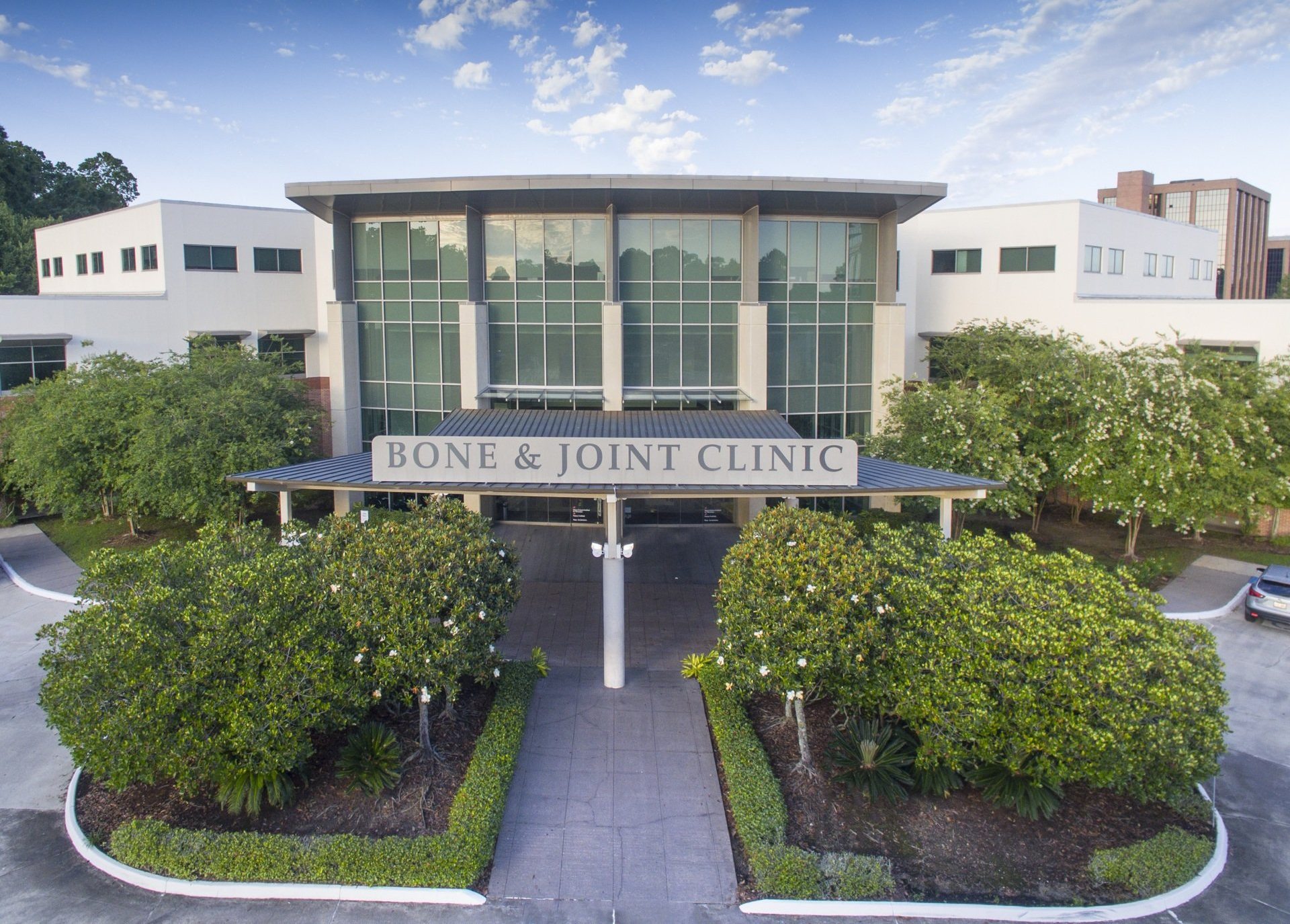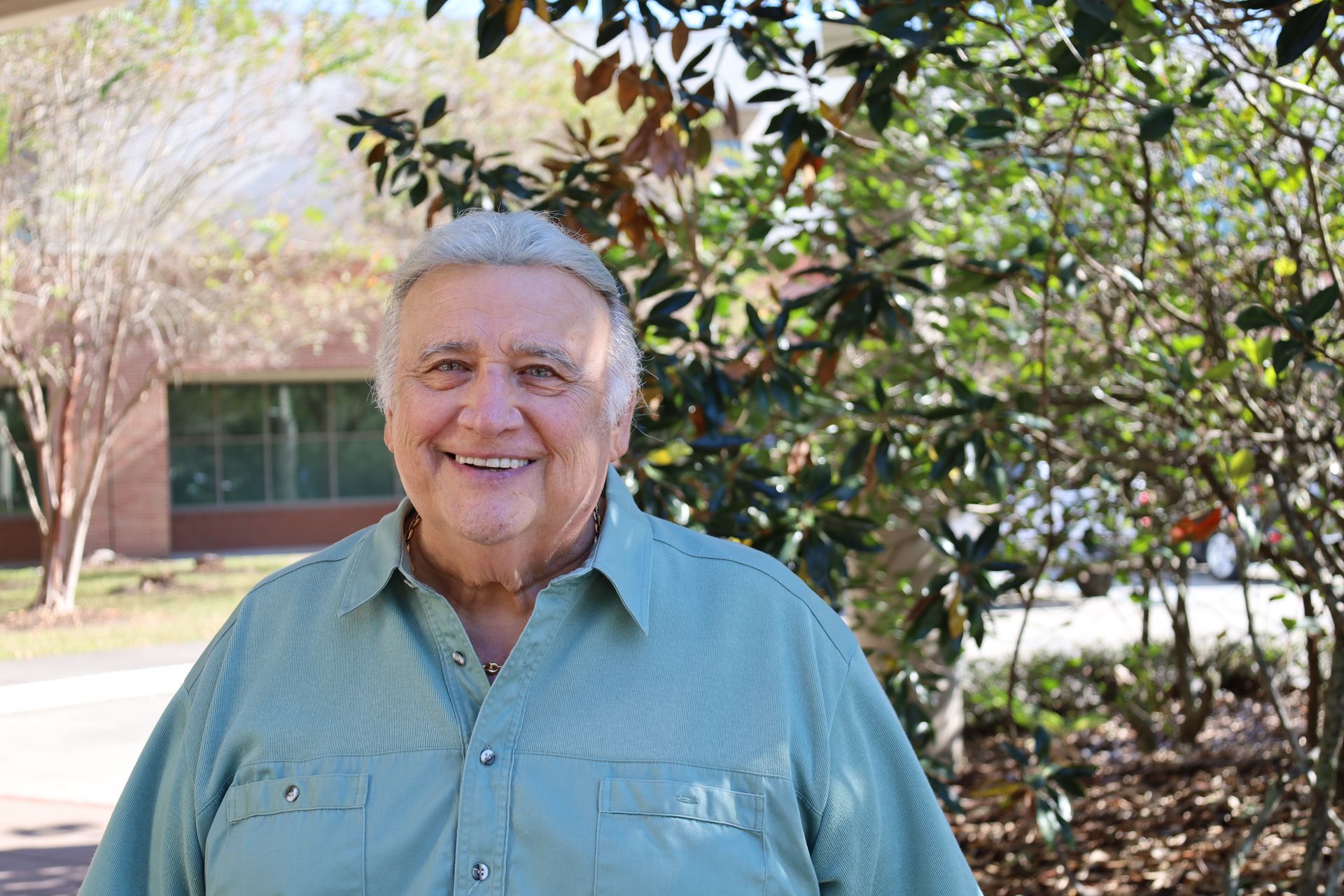Plantar fasciitis can be a painful and aggravating condition that inhibits your ability to perform day-to-day activities. Jobs that require standing, sports and exercise are just a few areas that suffer when chronic foot pain strikes, and, plantar fasciitis is by far the most common source of this type of pain, affecting as many as two million patients each year.
What is Plantar Fasciitis?
Plantar fasciitis is inflammation and resulting pain of the plantar fascia tendon that runs along the bottom of the foot, from heel to toe. The purpose of this tendon is to absorb shock and support the arch. However, over stretching or repetitive strain of the plantar fascia can ultimately lead to the development of plantar fasciitis and associated symptoms such as:
- Pain located at the bottom of the foot in the heel or arch
- Pain associated with the first steps taken when getting out of bed in the morning or after sitting for extended periods of time - This pain tends to improve with movement.
- Pain that is worse after physical activity rather than during
Non-Surgical Treatments for Plantar Fasciitis
The good news for plantar fasciitis sufferers is that more than 90 percent will be able to improve the condition using non-surgical techniques. Conservative treatment options may include:
- Rest – Excessive time spent standing and certain physical activities such as running may need to be put on hold as the foot heals.
- Ice – To help reduce inflammation and improve pain, try rolling the foot over a frozen water bottle for about 20 minutes, several times a day.
- Anti-inflammatory Drugs – Nonsteroidal anti-inflammatory drugs (NSAIDs) such as ibuprofen and naproxen can help ease both pain and inflammation throughout the recovery process. Physicians may also prescribe injections of cortisone, a powerful anti-inflammatory steroid.
- Stretching – An orthopedic specialist can provide specific exercises and stretching techniques to help ease tight muscles in the feet and calves that exacerbate plantar fasciitis. They may also recommend physical therapy for a more in-depth treatment approach.
- Night Splints – The hallmark “first step” pain of plantar fasciitis is often the result of foot position during sleep. Rather than allowing the foot to relax and point down as it normally would, a night splint keeps the foot flexed and continues to stretch the plantar fascia throughout the night.
- Supportive Shoes – Choosing the wrong type of shoe for an activity or foot type is a primary contributor to plantar fasciitis. Ideal shoes should provide adequate support and cushion and may even require orthotic inserts.
Surgical Treatment of Plantar Fasciitis
While the vast majority of patients find relief non-surgically, about 3 to 5 percent of plantar fasciitis sufferers will eventually need surgical repair. There are multiple surgical methods for plantar fasciitis; however, the most common is endoscopic plantar fasciotomy (EPF).
EPF is a roughly 15 to 20 minute outpatient procedure in which the surgeon cuts a portion of the plantar fascia, releasing and lengthening the tendon. Following the procedure, patients will undergo a gradual healing process and should be able to return to normal, unrestricted activity within 10 weeks. EPF has a success rate of about 90 percent.
Treating Plantar Fasciitis in Baton Rouge
From cortisone injections to custom orthotics to surgery, an orthopedic foot and ankle specialist is the most qualified to bring relief to plantar fasciitis. If you believe that you are suffering from the condition, contact the Bone and Joint Clinic of Baton Rouge and request an appointment with one of our highly-skilled physicians.




